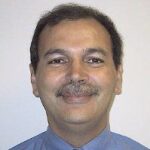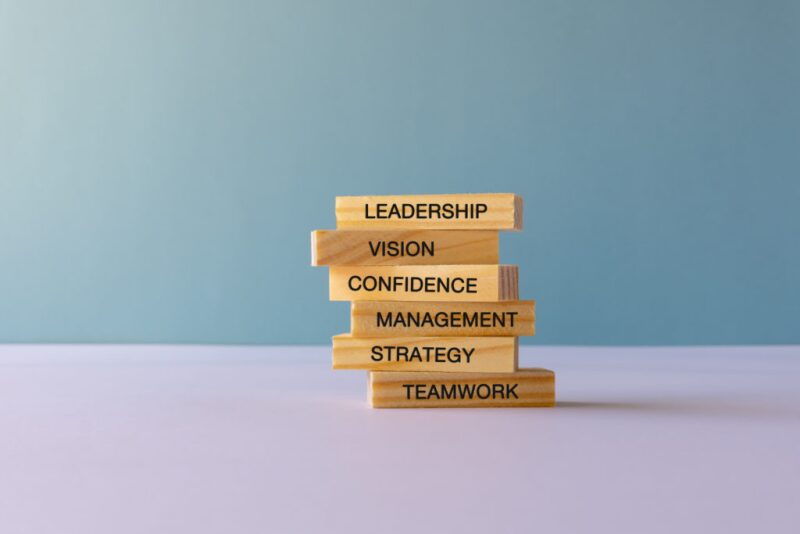The Business Management and Leadership Committee present this second article on Critical Skills for a Successful Career. This article, and the first one published in February 2019, are based on the panel session during the 2018 SPE Annual Technical Conference and Exhibition (ATCE) titled "Critical Skills for Career Success" in which industry leaders provided their insights on what skills make a difference in one’s career. In this second article, Kamel Ben Naceur describes the career importance of resilience and adaptability to change; Ford Brett articulates a set of values that can help a person navigate career uncertainties; and Maria Capello emphasizes the importance of curiosity.

The oil and gas industry has experienced at least five global cycles over the past 4 decades related to major changes in hydrocarbon prices and corresponding to major fluctuations in the economy. Navigating through those cycles, and moving up the corporate ladder, require skills that combine resilience and adaptability. Resilience has been characterized as the ability of a person or an organization to recuperate, recover, bounce back, adjust, or even thrive following adversity, and is widely acknowledged as a complex, dynamic and multidimensional phenomenon (Waugh and Koster 2014). A company such as Netflix hires employees with adaptability as a main criterion, and uses nine attributes that include curiosity, innovation, passion, and courage.
Kamel’s career exemplifies those attributes, including technical and management positions in the private sector, government (minister), and international organizations. He attributes his successful career to five essential soft skills. The first is a flexible and adaptable mindset with respect to working within the corporate organizational functions. He moved within the same company from research and development to operations and then to technical marketing and chief economist before heading large technology groups—requiring a continual effort to learn new work flows.
The second attribute is related to expanding one’s professional horizon to a much broader field: oil and gas is part of the larger energy world, and a deep knowledge of the interaction between its different components is required in order to assess energy options. The third aspect is the willingness to take on new challenges and sometimes stepping into the unknown. Richard Branson said, “If someone offers you an amazing opportunity and you’re not sure you can do it, say yes—then learn how to do it later.” The fourth attribute deals with developing and maintaining one’s professional network, including the involvement with professional and academic organization. Today’s connected world offers many opportunities to “keep in touch.” Finally, geographical mobility is increasingly a required attribute of a successful career. It involves a major effort to understand, adapt, and communicate with different cultures, which expands beyond professional aspects and touches on family life.

The petroleum industry has very few certainties. During a person’s career there will almost certainly be between two to four boom-and-bust cycles, at least one major change in technology, and the likelihood that a person’s role will change significantly. This means that you cannot define a set of “critical skills” for success in the conventional definition of “skill” (i.e., the ability to perform a task), because the tasks required for success change with the business cycles, technology, and job roles. Therefore, the skills one needs for success are really more like a consistent set of values that someone uses to guide how they behave—not the ability to do a specific thing. Ford’s values, based on his experience and much thought, are described as follows:
- Risk mindfulness. “It can happen here, and unless I do the right things, it will happen” (no normalization of deviance—also applies to opportunity mindfulness).
- Process discipline. “There is a right way to do things, and we are going to do it that way” (planning and control of work processes, valuing expertise and experience).
- Esprit de corps. “I’m going to play my part in doing the right thing, to help my friends” (genuinely caring for others, a sense of unity, common interests, and responsibilities).
- Integrity. “I do my best not to deceive others, or myself” (acceptance of personal accountability, truthfulness, mutual accountability).
- Striving to be better. “I go out of my way to get better and improve” (problem identification and resolution, reporting and follow up; we’re not there yet, but we can do better, and I will help make us better).
- Sharing and learning from others. “I can’t make all the mistakes myself; I need to learn from and share with others” (continuous learning, I don’t know everything, I will make the effort to learn as much as I can from other people).

During the ATCE panel discussion, Maria, as the moderator, asked what kind of weight the panelists gave to curiosity, triggering an enthusiastic response from all. No surprises! Curiosity is critical for leadership, and is constantly selected, along with open-mindedness, by hundreds of CEOs as a key skill to boost inclusiveness, innovation, and progress in their organizations. Curious employees are invaluable, as their interest in learning is contagious and the capacity to question the status quo benefits their teams. Curiosity drives the search for innovation, and propels new opportunities for growth. Working hard and developing experience is important, but staying curious enables new futures. And leadership is exactly about that.
The key takeaways are that, no matter your position, entry-level or senior management, you need resilience, and the ability to manage uncertainly and stay curious. Organizations benefit from individuals at all levels who can stretch out of their comfort zone, curious enough to make the right questions and drive change and innovation, enabling growth. Building our ability to seek and adapt to change is fundamental to power career success.
Suggested Reading
C.E. Waugh and E.H. Koster. 2014. A Resilience Framework for Promoting Stable Remission From Depression, Clinical Psychology Review (41): 49–60.
Karen Reivich and Andrew Shatte. 2003. The Resilience Factor: 7 Keys To Finding Your Inner Strength And Overcoming Life’s Hurdles. Harmony Publications, 1st edition.
M.J. Ryan. 2009. AdaptAbility: How To Survive Change You Did Not Ask For. Harmony Publications.
B. Grazer and C.A. Fishman. 2015. A Curious Mind: The Secret to a Bigger Life. Simon and Schuster.
Kamel Ben Naceur is the chief executive officer of Nomadia Energy Consulting; Ford Brett is the chief executive officer of PetroSkills; and Maria Capello is the executive advisor for Deputy CEO North Kuwait, Kuwait Oil Company.

